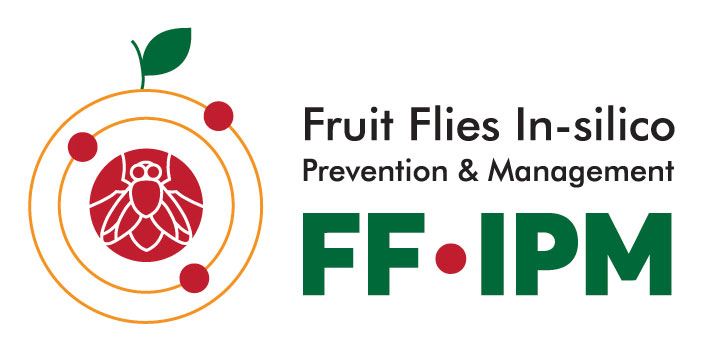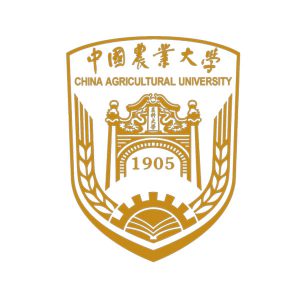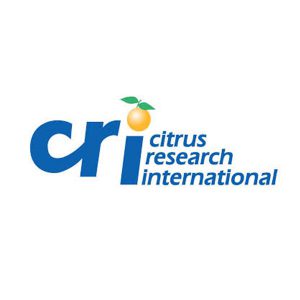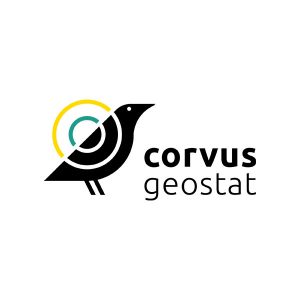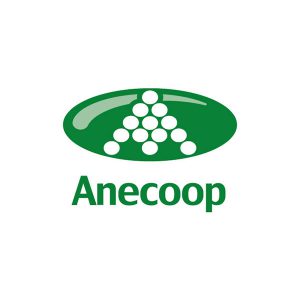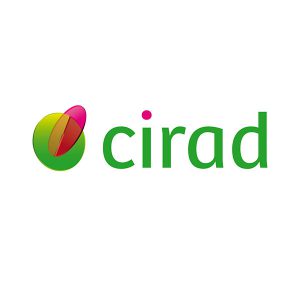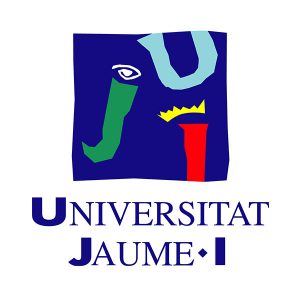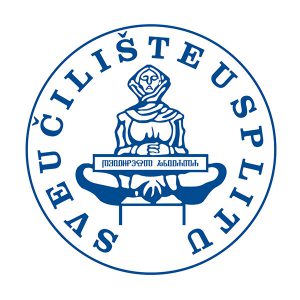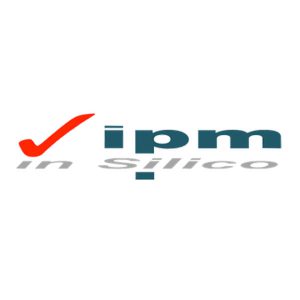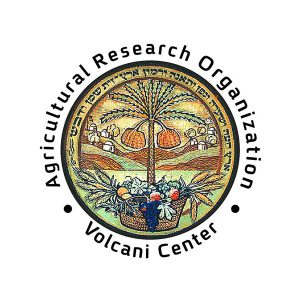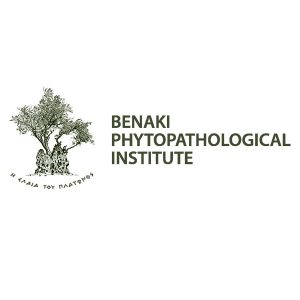
General objective:
To develop holistic knowledge-based approaches, innovative tools and services, to empower stakeholders across all sectors along the fruit production and processing chain to (a) dynamically address the impending risks of FF invasion, and (b) efficiently apply FF management throughout a spatial and seasonal continuum in a comprehensive, multi-actor and locally-adapted manner.
FF-IPM targets 3 invasive fruit fly (FF) pests (Diptera: Tephritidae; Ceratitis capitata, Bactrocera dorsalis, and B. zonata) (“FF”) of global concern, which pose an imminent and severe threat to European horticulture (EPPO, EC directive 200/29/EC). The risks of arrival, establishment and range expansion of these invasive FF are expected to escalate because of global climate change, increased trade and human mobility.
In addition, the ban of neonicotinoids, which is one of the main control tools against FF in Europe, poses an additional burden on fruit growers in Europe. Substantial knowledge has been accumulated to date on the biology and management of various FF species, providing a solid starting base for the FF-IPM project and offering unique synergy opportunities. However, most of the FF-relevant R&D was conducted outside Europe, focusing on closely related but different FF species, targeting industrial-scale horticulture and designing quarantine and pest protection systems suitable for regulatory uniform macro-regional scales (USA, Australia). To address the European needs (small size, scattered farms, operated under diverse socioeconomic and regulatory frameworks), FF-IPM will build on existing knowledge, identify and fill the critical information gaps, boost regional FF prevention by developing new and enhancing the existing interception and detection tools and provide new in silico assisted IPM approaches that will be validated and adapted to European socioeconomic and agricultural conditions.
The FF-IPM response toolbox against emerging (C. capitata) and new (B. dorsalis, B. zonata) FF pests will be reinforced by a set of novel decision-support tools, dedicated and optimized to each of the target species. Special attention will be paid to the generic merits of the developed approaches and methodology, to ensure their broader relevance and applicability to other invasive pest groups. This will be accomplished by a strong group of 21 partners from academia (8), research institutes and museums (5), businesses (5) and growers’ organizations (3). It encompasses 5 non-EU partners facing similar problems and offering important experimental opportunities. In its operations, FF-IPM will follow a multi-actor approach, with genuine coordinated involvement of relevant actors/stakeholders, and substantive roles envisaged for them and in-built into its Work Plan.
Specific objectives:
1. To create a fundamental paradigm shift in FF IPM towards “OFF-Season” management of emerging pests.
2. To enhance the capacity for “ON-Season” FF management through innovative in-silico boosting the existing IPM toolbox, and the development of novel tools and services.
3. To enhance the capacity to manage the phytosanitary risks of FF invasions and range expansions propelled by the climate change, human traffic and fruit trade, through development of innovative prevention, detection and diagnostic tools, strategies and services.
4. To enhance implementation of EU plant health policy and provide knowledge-based support to relevant local, regional and EU-wide plant health planning and policies.


